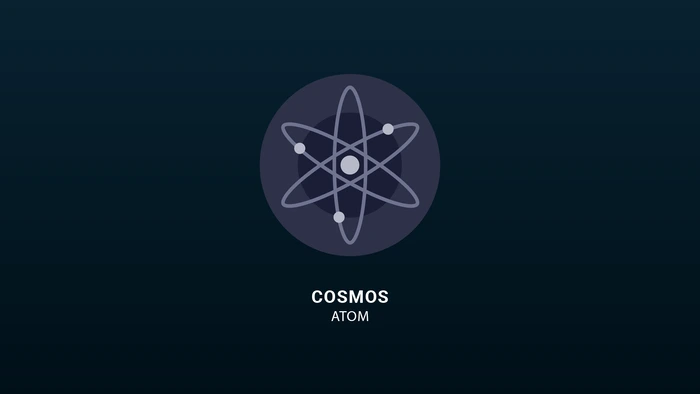Proof-of-Stake and validators play a critical role in the Cosmos (ATOM) blockchain ecosystem. In this article, we unravel the mechanics of PoS in Cosmos, exploring the selection process, staking mechanisms, and the responsibilities of validators. In the midst of these intricate ideas, forward-thinking innovations such as Immediate Granimator, an automated bot, are streamlining the complexities of cryptocurrency trading.
Mechanics of Proof-of-Stake in Cosmos
Tendermint is designed to achieve Byzantine Fault Tolerance (BFT), ensuring that the network can tolerate malicious behavior from a certain percentage of validators. In Cosmos, validators are responsible for proposing and validating blocks, as well as participating in the consensus process.
The validator selection process in Cosmos is based on a voting mechanism where token holders can delegate their stake to validators. Validators with a higher stake delegated to them have a higher chance of being selected as block proposers and validators. This delegation mechanism promotes decentralization and allows token holders to participate in the network’s decision-making process.
Validators in Cosmos are required to stake a certain amount of ATOM tokens as collateral to ensure their commitment to the network’s security and integrity. This collateral acts as a disincentive for validators to engage in malicious behavior. In return for their services, validators receive rewards in the form of additional ATOM tokens.
However, validators must also be aware of the potential risks associated with their role. If a validator behaves maliciously or violates the consensus rules, they may face penalties in the form of slashed stakes. Slashing is a mechanism designed to deter validators from engaging in harmful activities and maintaining network security.
Becoming a Validator in Cosmos
One of the primary requirements is having a certain minimum amount of ATOM tokens to stake as collateral. This collateral ensures that validators have a vested interest in the network and are committed to its success. Validators must be willing to lock up their tokens as a sign of their dedication to the network’s security.
Technical knowledge is another crucial aspect of becoming a validator. Validators need to have a good understanding of the underlying technology and how to set up and maintain a validator node. They should be familiar with the necessary software, network protocols, and security practices to ensure the smooth operation of their node.
Running a validator node also requires a reliable infrastructure with high uptime. Validators need to have a robust and secure server setup to ensure their node is consistently online and available to participate in the consensus process. Any downtime or interruption in their services could result in missed block proposals and potential penalties.
Validators must also consider the risks and challenges associated with their role. They need to be aware of potential attacks or vulnerabilities and take necessary precautions to protect their node and the network. Regular updates and security audits are essential to maintain the integrity of the validator’s infrastructure.
Additionally, validators should actively engage with the Cosmos community and stay informed about network upgrades, governance proposals, and best practices. Participating in discussions, forums, and community channels can provide valuable insights and support from other validators.
Validator Economics and Incentives
Validators receive a portion of the transaction fees and block rewards generated on the network. The exact distribution of rewards varies depending on the specific parameters and rules set by the network.
Validators often charge a commission fee on the rewards they distribute to delegators. This commission fee is a way for validators to cover their operational costs and incentivize their participation. Validators typically set their commission rates, and delegators choose validators based on their offered rates and performance history.
Validator rewards are influenced by several factors. The total number of ATOM tokens staked by delegators plays a role in determining the overall reward pool available to validators. Validators with a higher stake delegated to them will receive a larger share of the rewards.
Validators can adopt various strategies to maximize their returns. They can actively participate in governance by voting on proposals and contributing to network upgrades. This involvement not only benefits the network but also increases its visibility and reputation within the community, potentially attracting more delegations.
It’s important to note that being a validator also comes with costs and risks. Validators are responsible for maintaining a reliable infrastructure and ensuring high uptime. This requires investment in hardware, network connectivity, and security measures. Additionally, validators face the risk of penalties, known as slashing, if they behave maliciously or violate the consensus rules.
Conclusion
Through the Tendermint consensus algorithm, validators maintain network security, participate in governance, and earn rewards for their contributions. By delving into the mechanics of PoS and understanding the economics and incentives involved, we recognize the vital role validators play in ensuring the stability and success of the Cosmos ecosystem.

